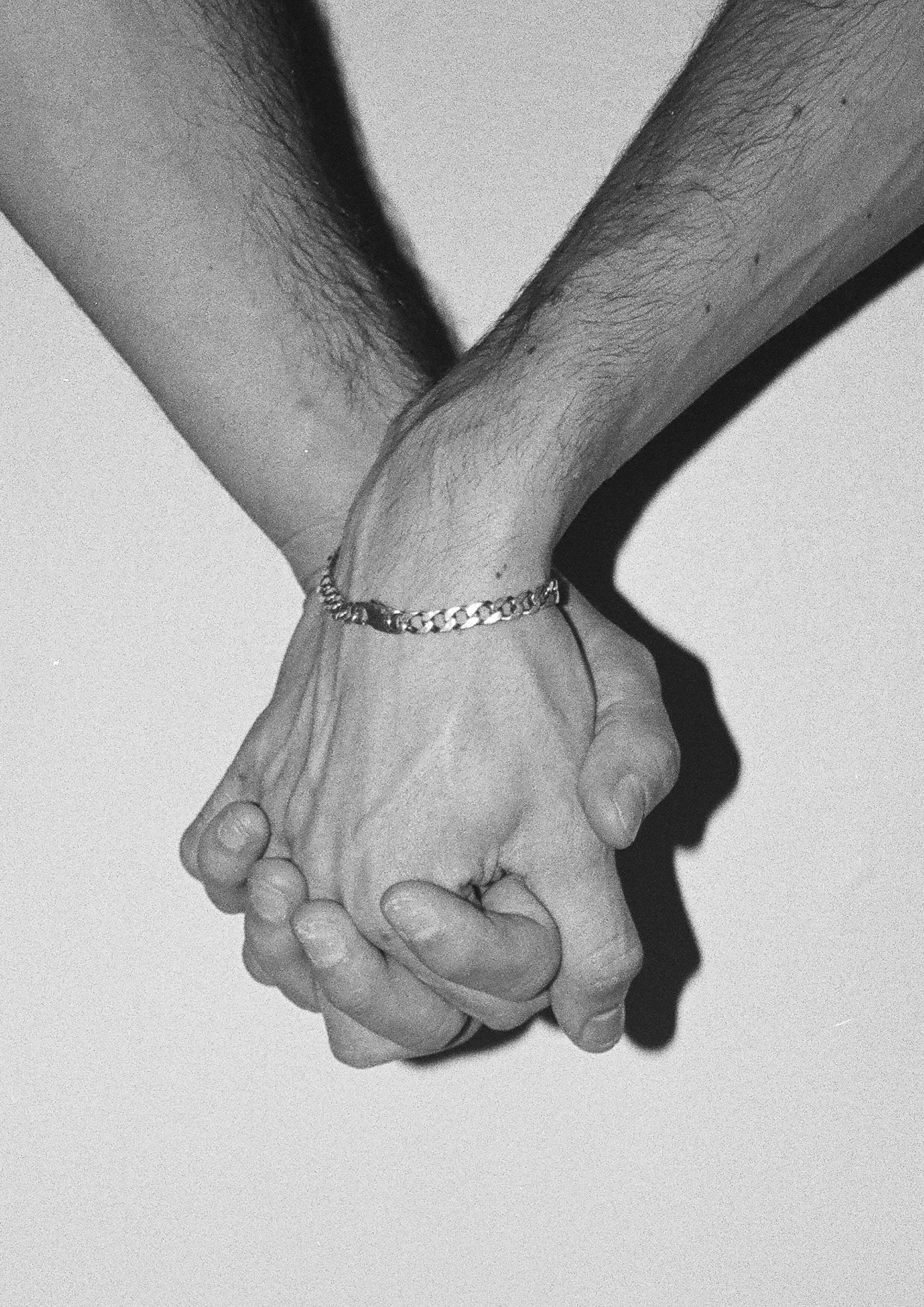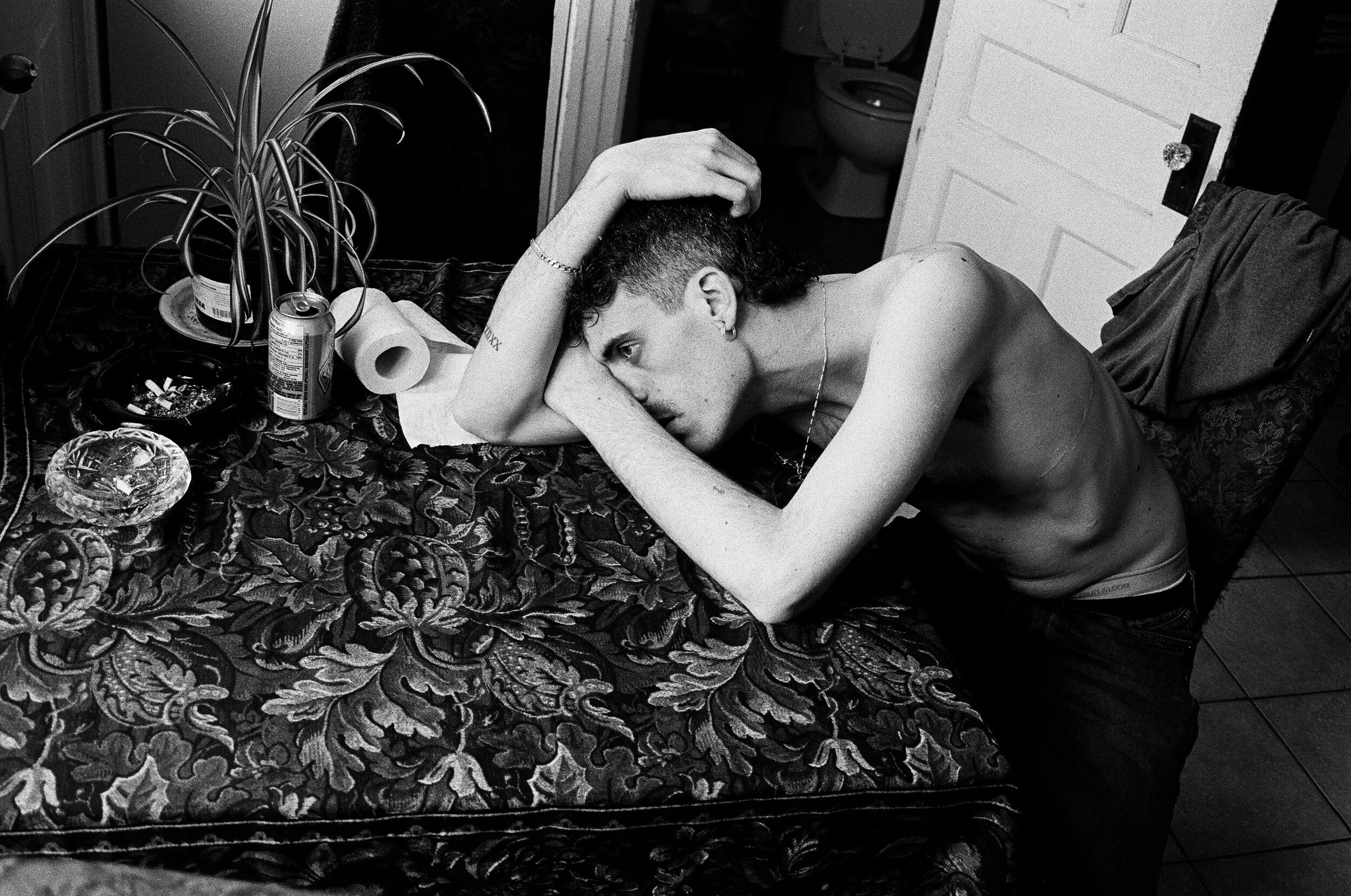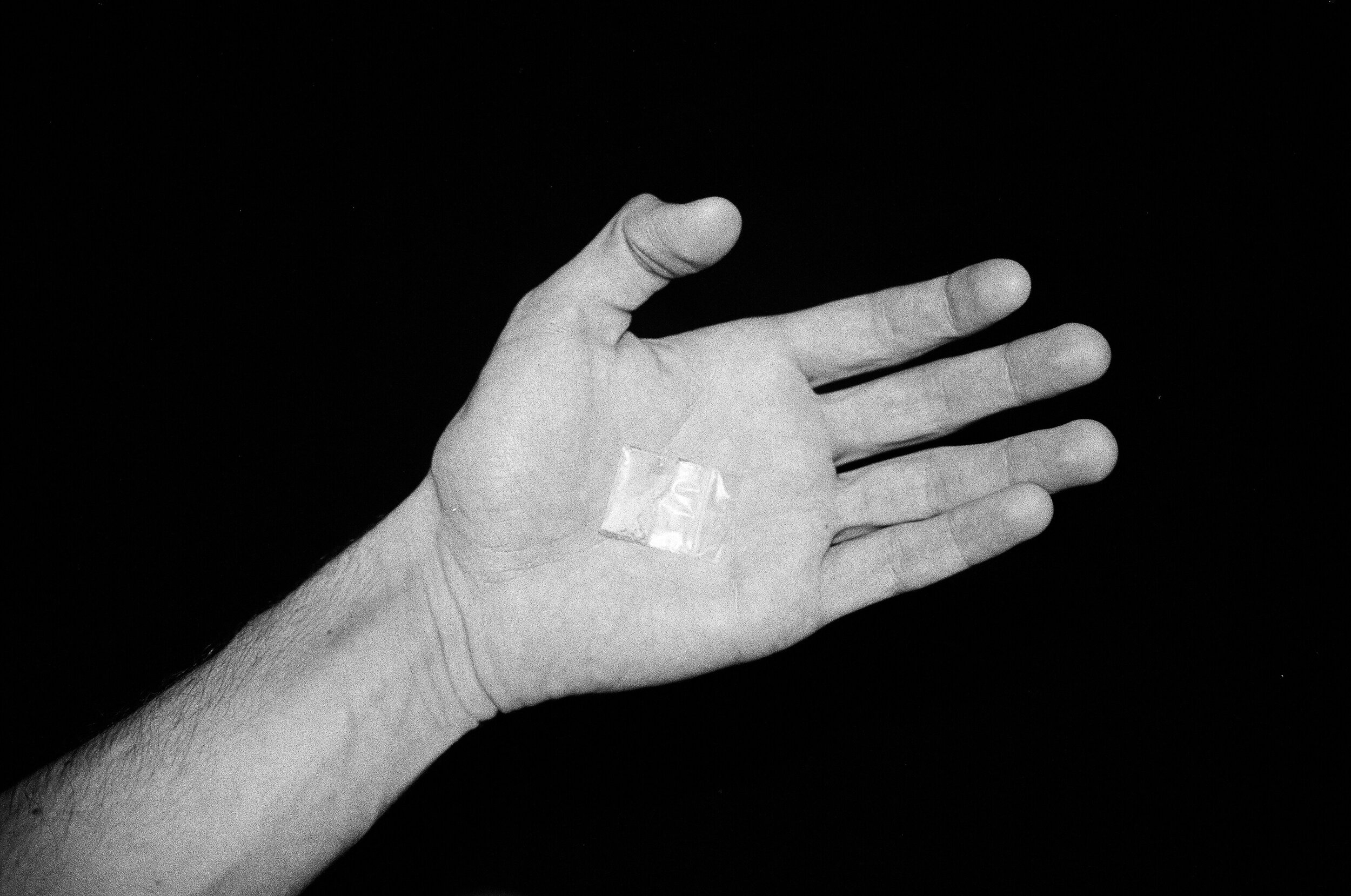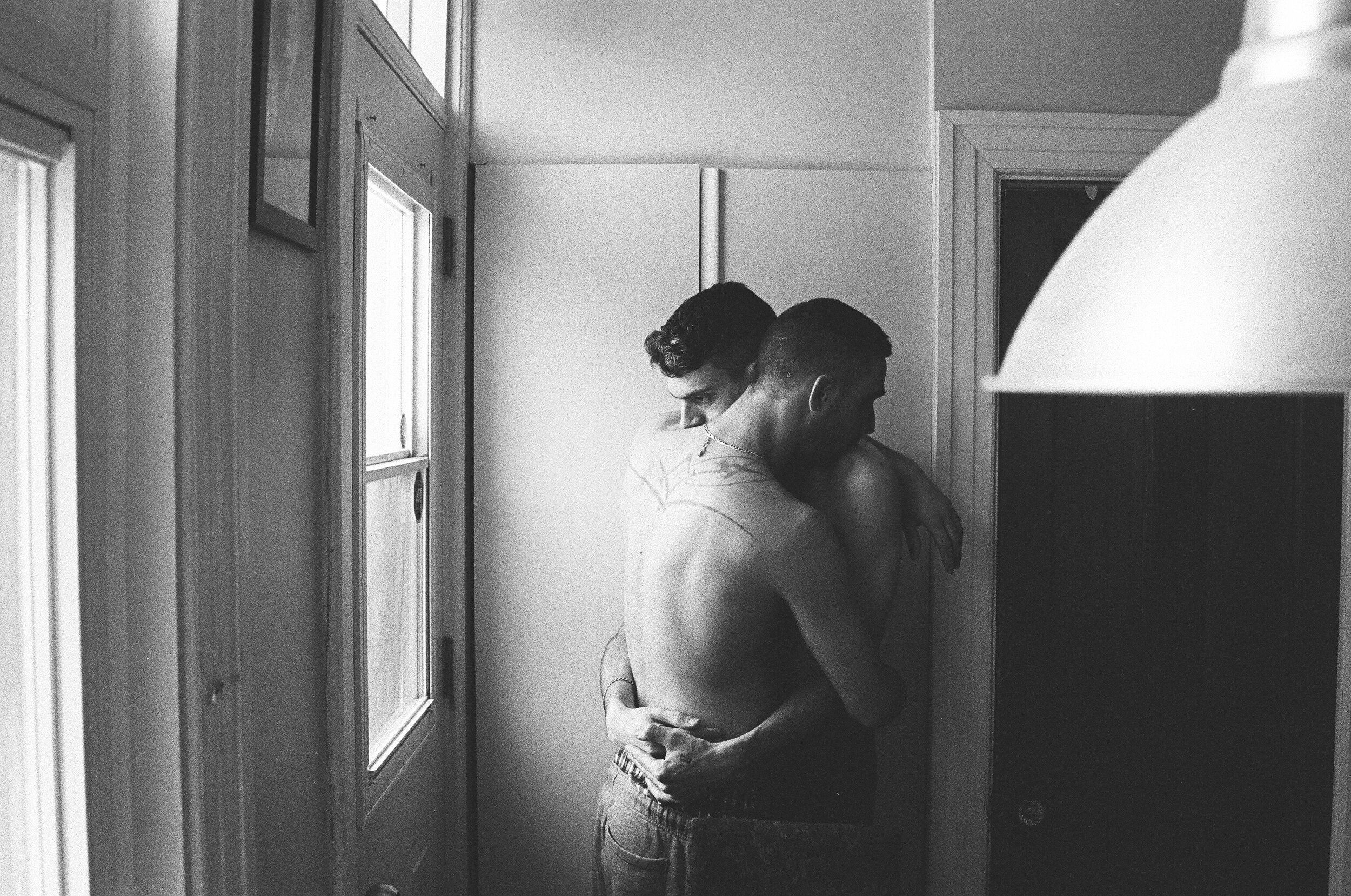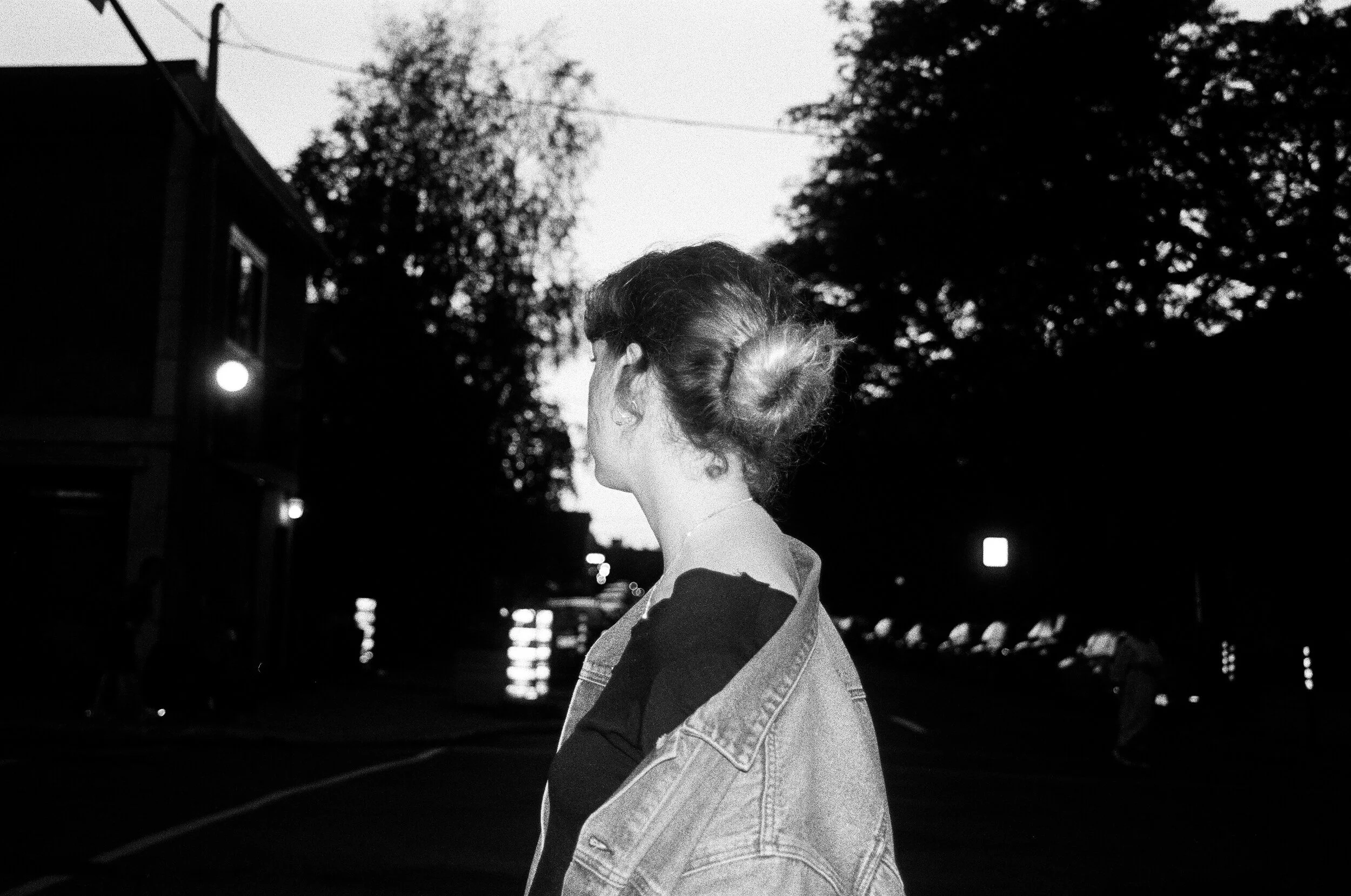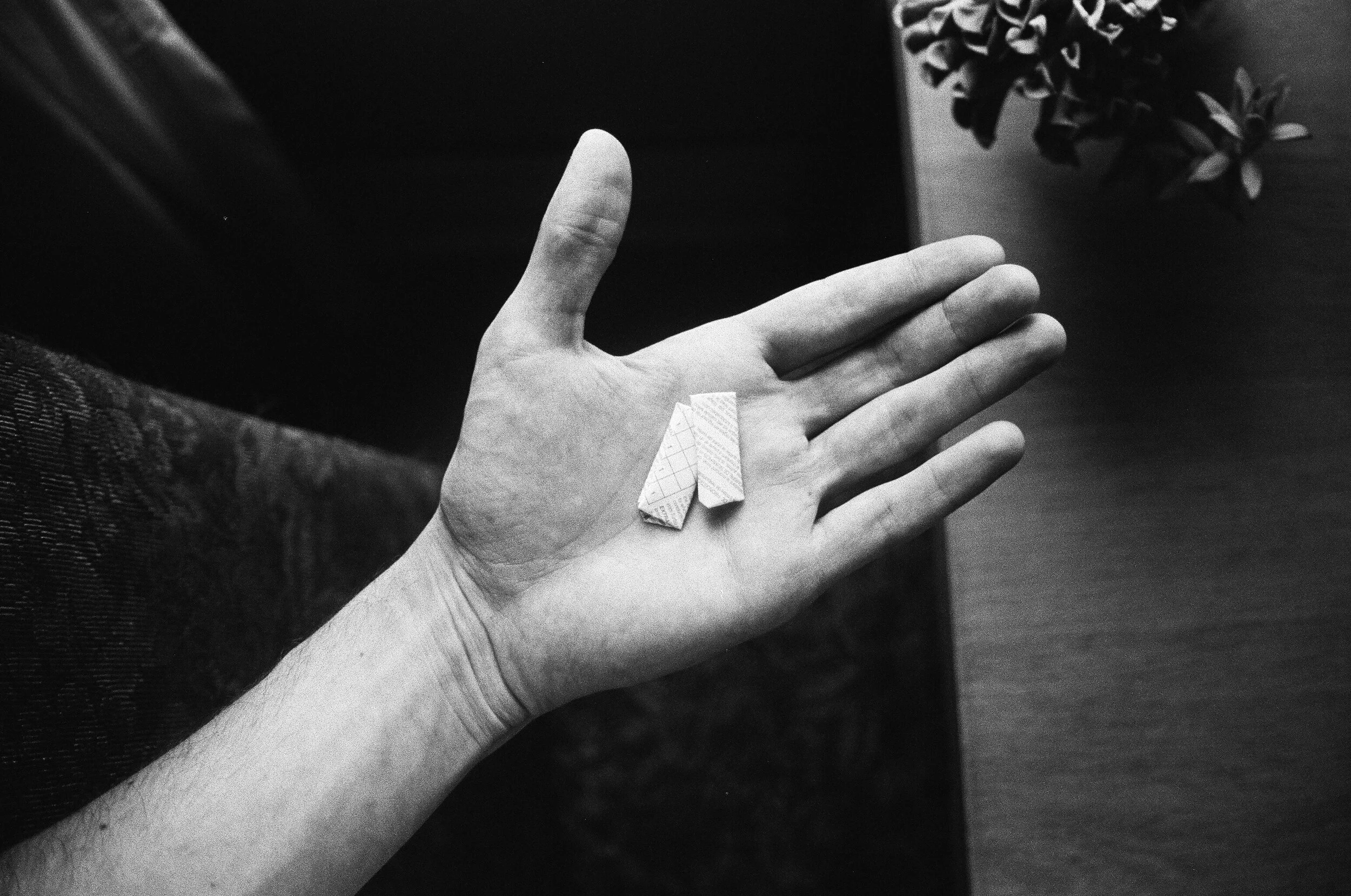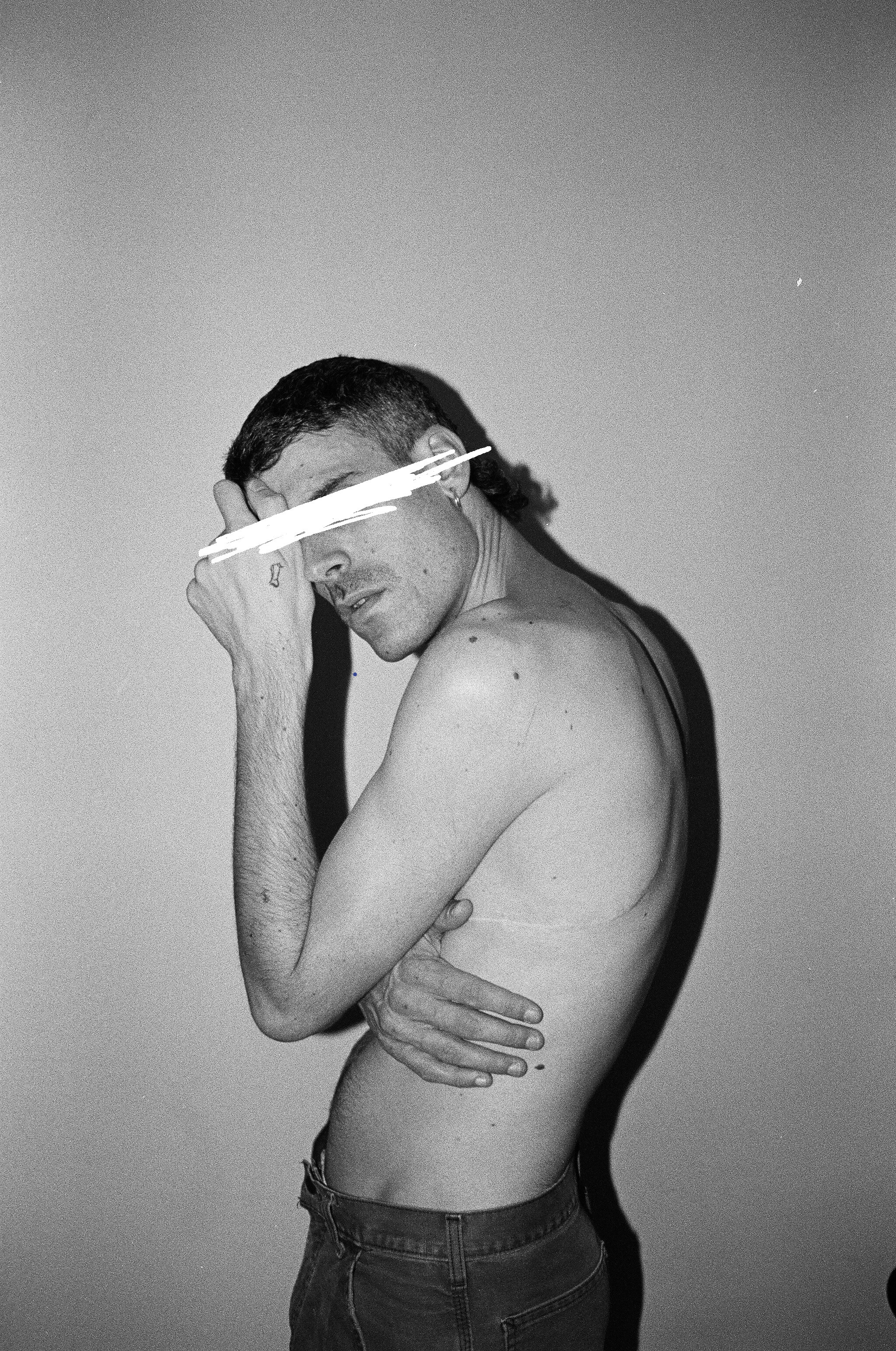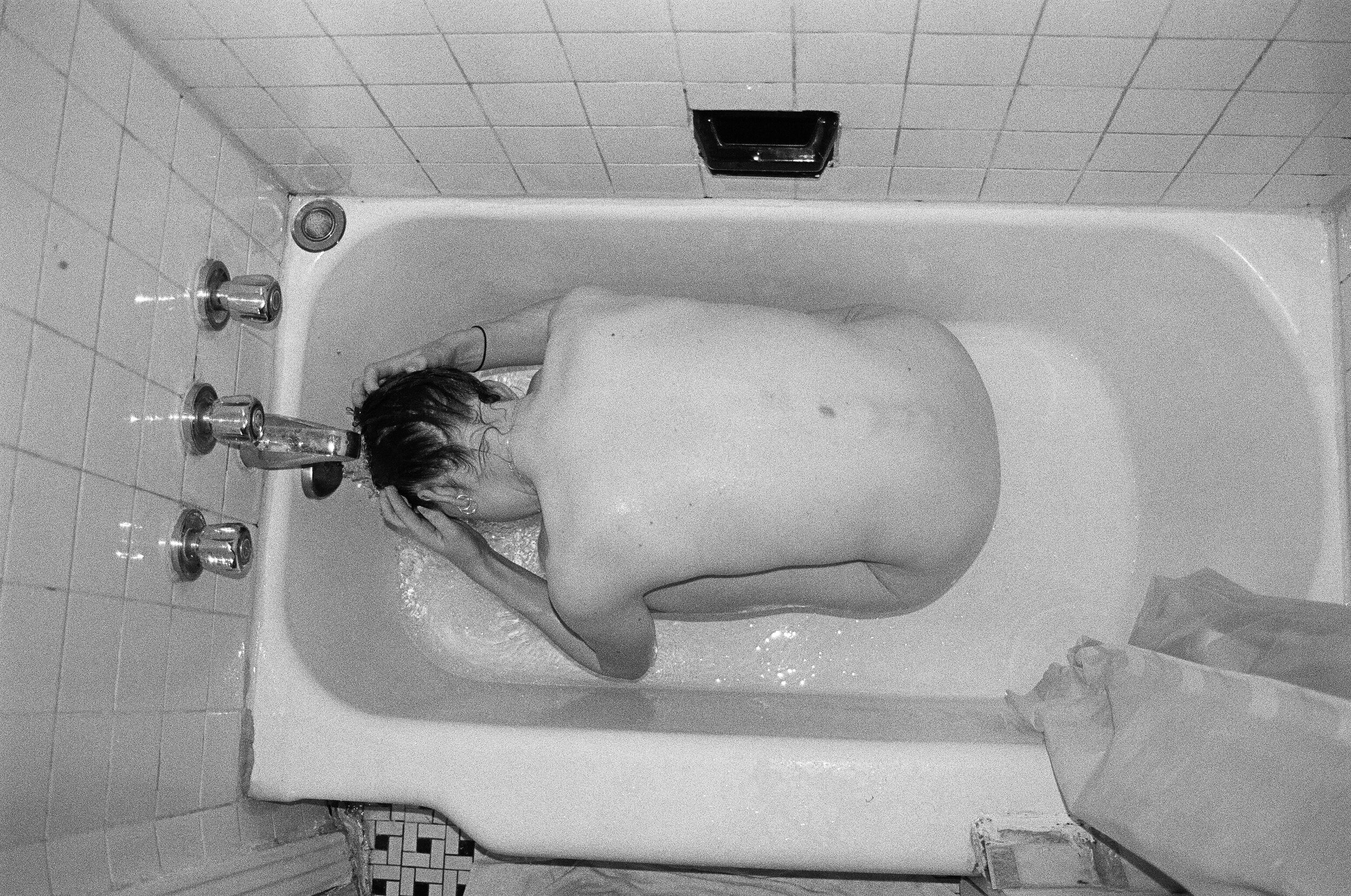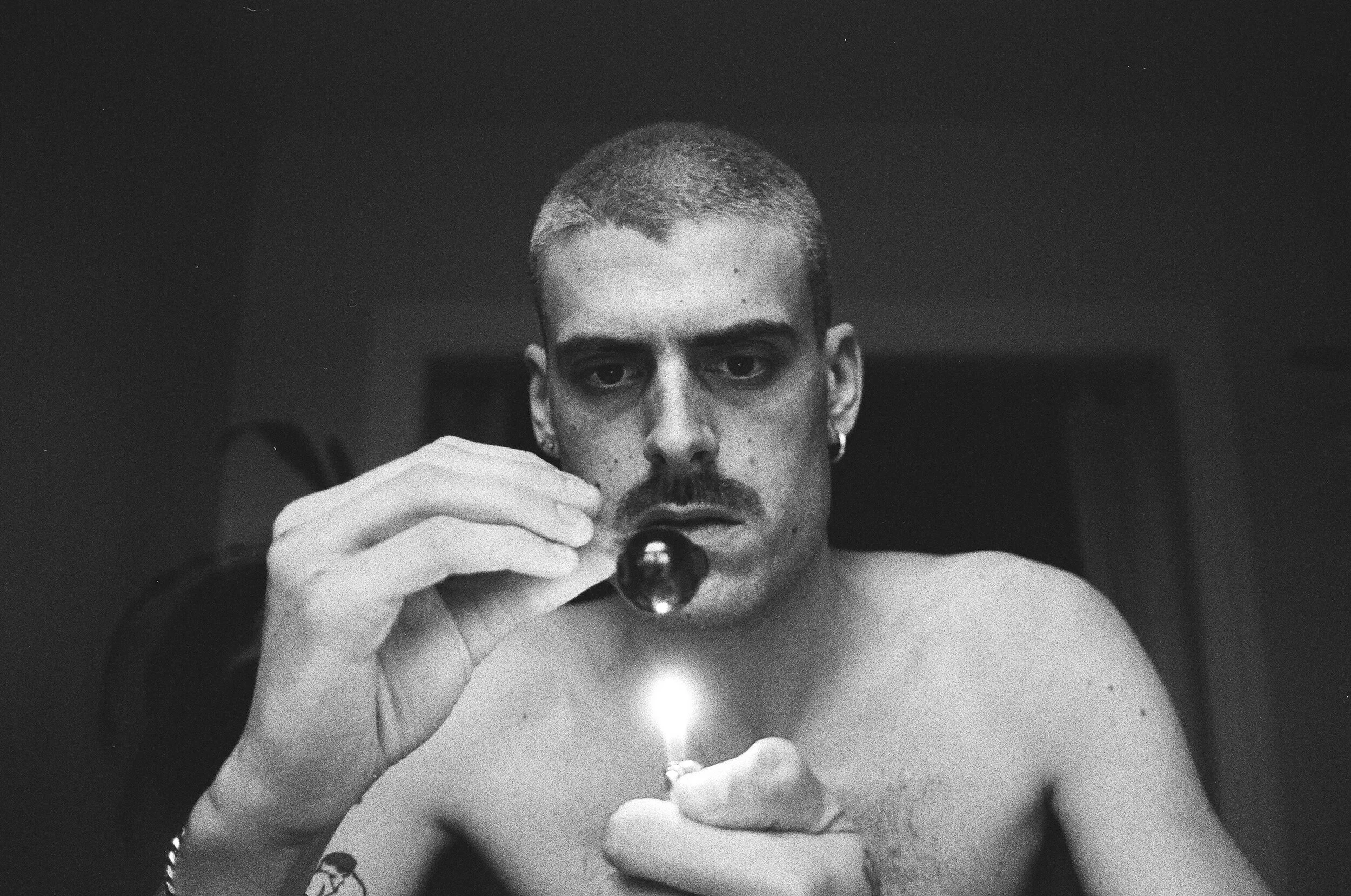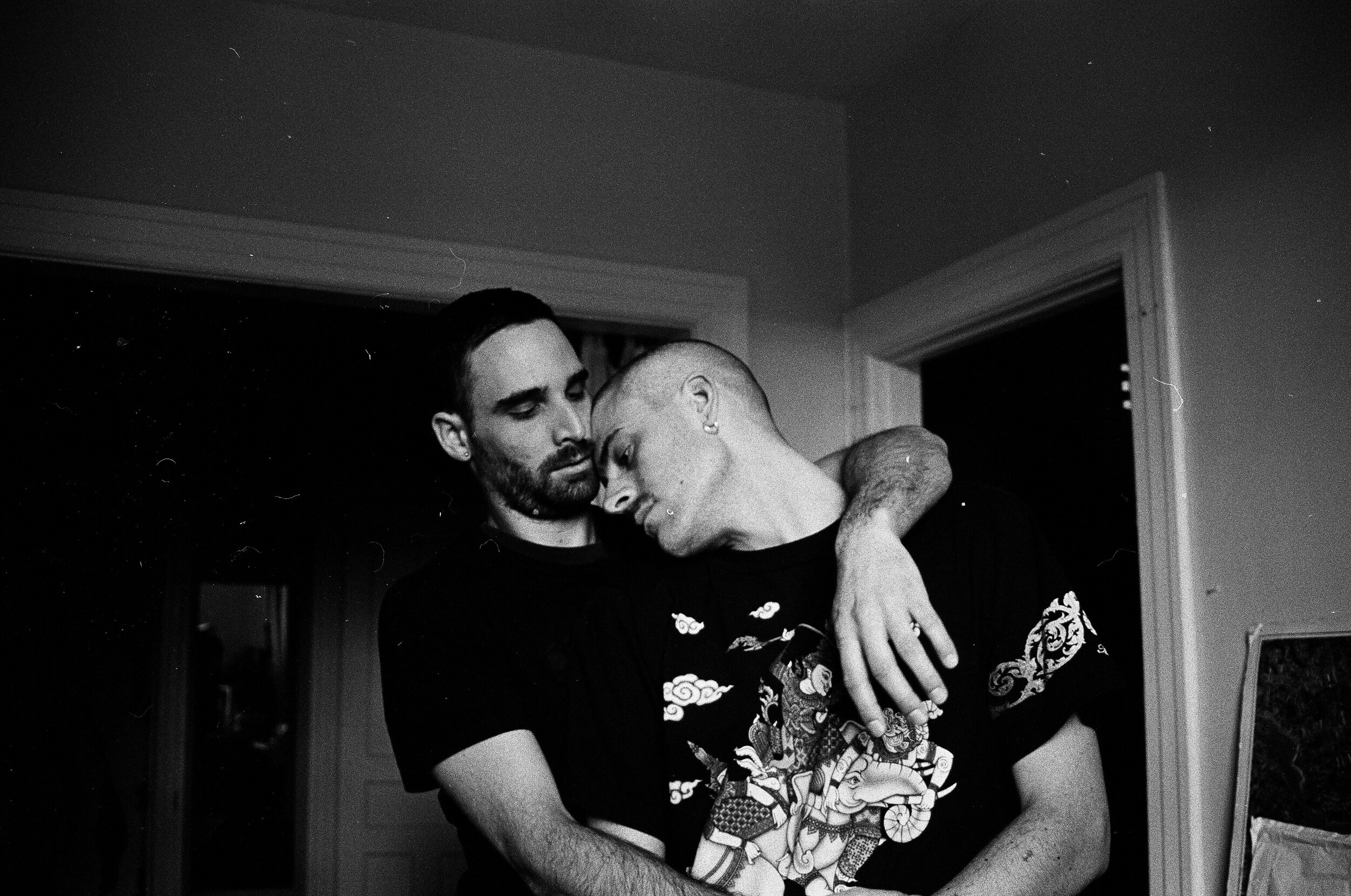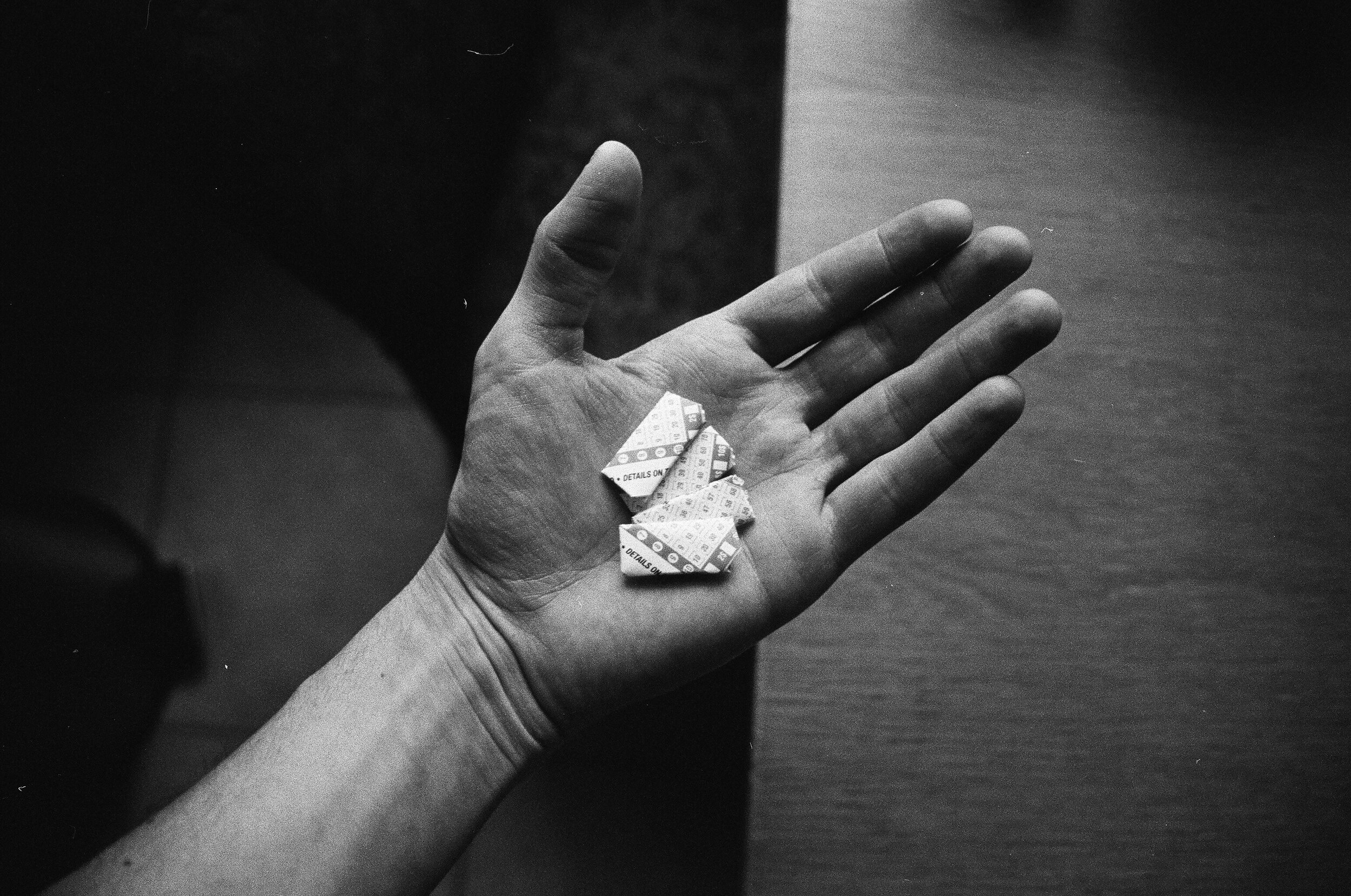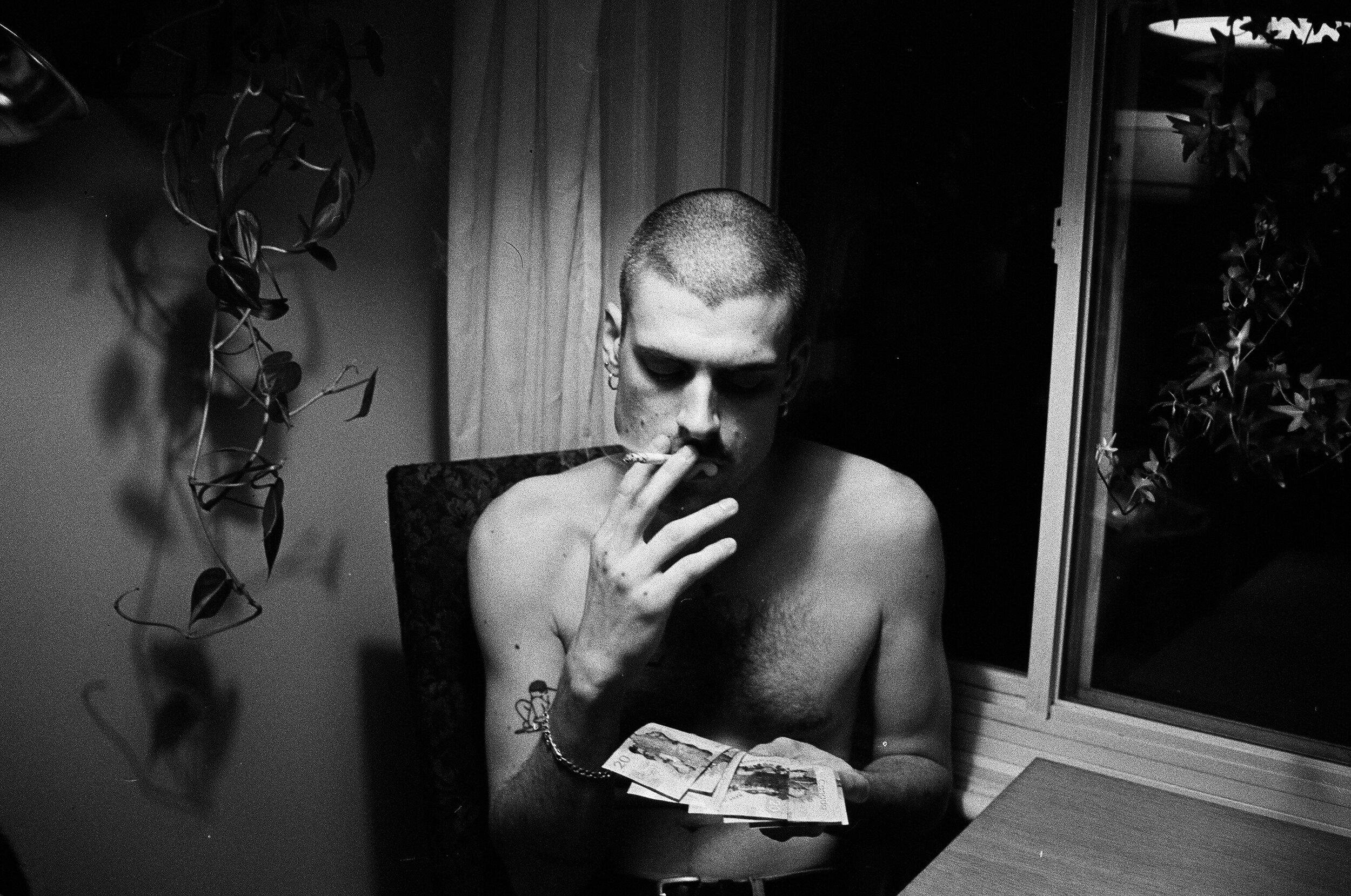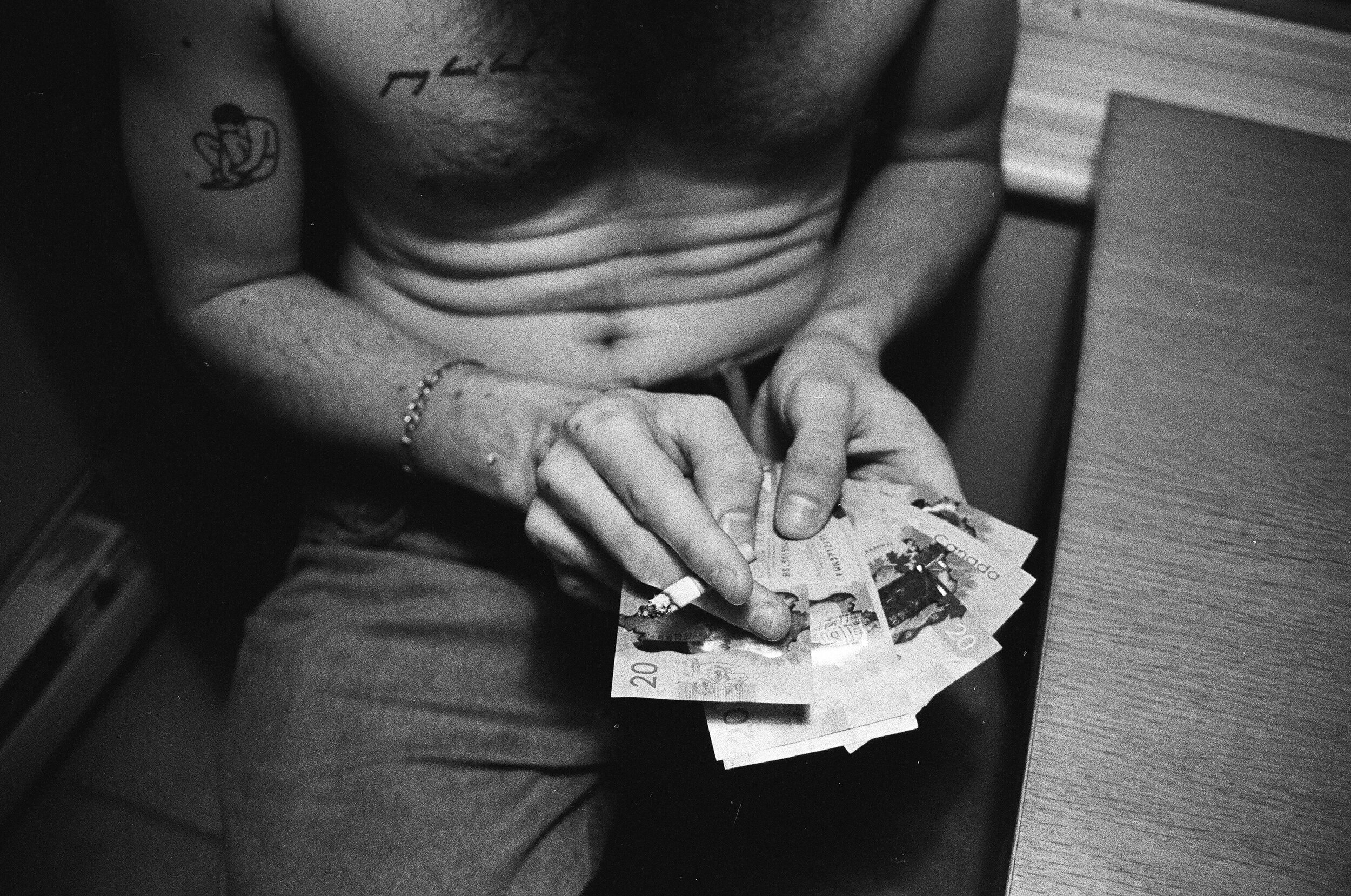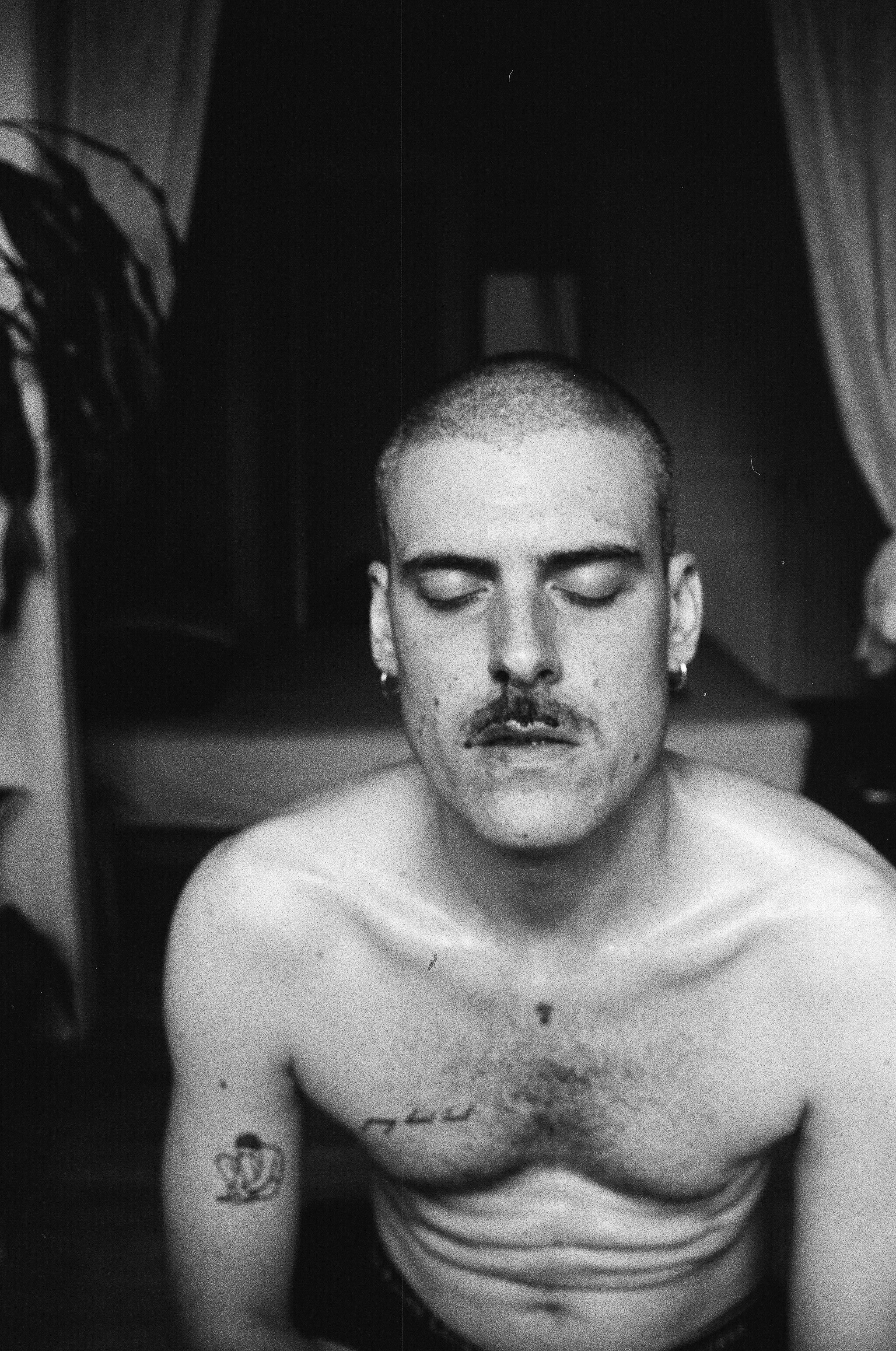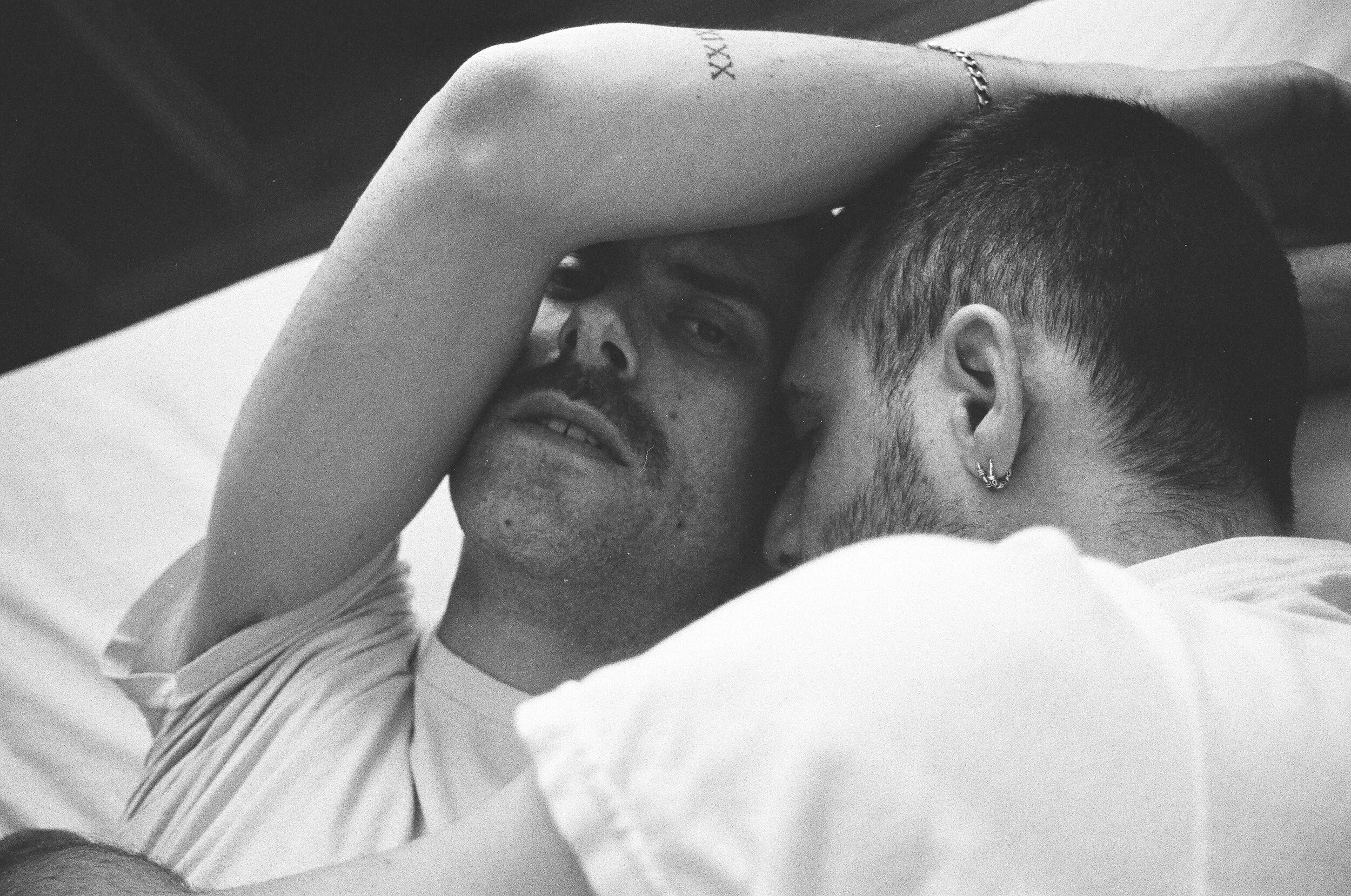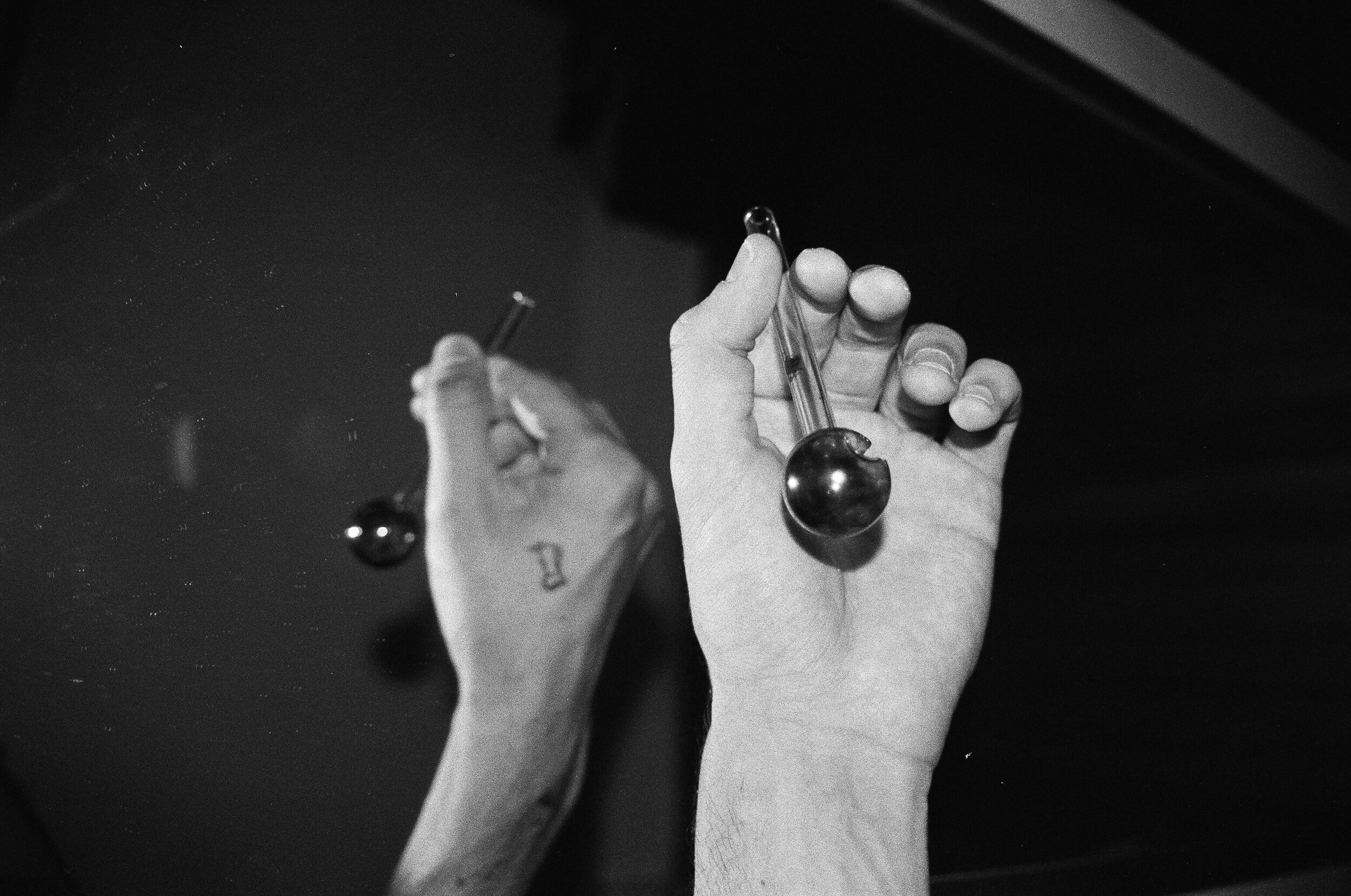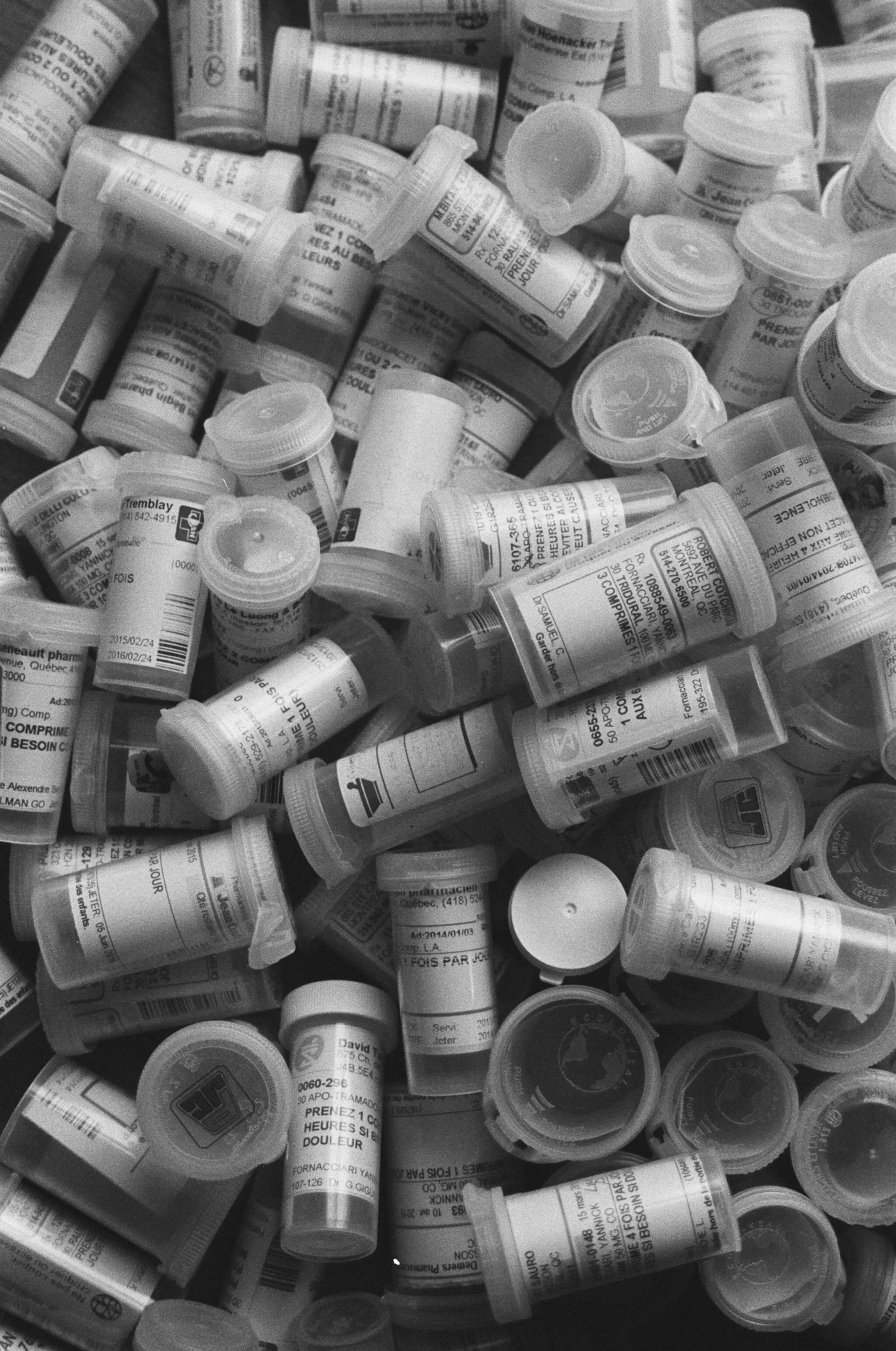HEROIN DAYS: AN INTERVIEW WITH YANNICK FORNACCIARI
Author LINDA ZHENGOVÁ
Artist YANNICK FORNACCIARI
Website yannickfornacciari.com
Instagram @yannickfornacciari
Yannick Fornacciari is a self-trained photographer based in Montréal, Canada, who narrates his three-year heroin addiction. He graduated in clinical psychology and psychoanalytic psychopathology in Marseille and only by working as a psychologist he started to question the possibility of becoming a photographer. Known for his singular approach of analogue methods and black & white photographs, his work differentiates itself by its head-on raw and sensitive approach to intimacy and portraiture.
In this interview with Fresh Eyes, Fornacciari reveals his photographic journey of addiction and transformation.
In ‘Heroin Days’ you portray yourself in a vulnerable state. How would you define vulnerability and what role does this concept play in your photography?
Showing that much vulnerability was tricky for me first. Like most addicts, I used to process my dependence as a secret. There's a lot of shame involved, and I didn't want to show that much weakness. I knew it would also probably hurt a lot of my relatives. I finally decided to take the plunge, because I thought my story could help understand the opioid crisis in a more sensible way. I feel like I need to obtain some sort of truth that can only be exposed through intimacy. I also think a good portrait needs to produce empathy - the viewer has to be able to relate.
In the series, you took self-portraits to reveal the dark period of your life. What was your initial goal when creating the series?
I didn’t have any plan to publish a project in the beginning. The photos you see in 'Heroin Days' are extracted from my personal work, images I take on a daily basis, for personal use. The project spans three years of addiction, and at the worst of it, I became really alone. My life focused on getting enough money to buy my daily dose and not get sick. Taking photos was one of the things that helped me to keep my head out of the water. But I had no intention to show anything until I got sober.
In January 2018, when I got into methadone treatment, I started to realise how strong the images were, their honesty especially. I guess I wanted to humanise addiction. I realised it could be a good way to portray the ongoing national crisis, from an individual perspective. Show that anyone can fall into heavy addiction and be transformed. I also wanted to speak out against a medical system that failed in helping me when I needed it the most.
You adopt an autobiographical and diaristic method to reflect on your addiction experience and journey. Would you say that your approach allows for more empathic engagement with the imagery than if documenting the lives of others?
I think what's striking about 'Heroin Days' is that it gives the opportunity to understand addiction from the inside. And that's a perspective that is kind of rare. We almost forget that I am the photographer taking the photos. It could be a friend; it could be a son. It could be you. I think authenticity is always rewarded. I think that sharing so much intimacy and vulnerability is something touching for the viewers.
I saw a lot of amazing works focusing on the crisis in a journalistic way, and most of it were able to show the dramatic side of it. But the autobiographical side makes it easier for people to relate to the story behind 'Heroin Days', compared to a more traditional documentary coverage. Maybe it does shake some stereotypes as well. It proves someone can live a pretty normal life while experiencing addiction to hard drugs.
Since 2018, you have recovered from your heroin addiction. How do you look at the pictures today and how do they make you feel?
Actually, I am pretty proud of how things went. ‘Heroin Days’ is the best thing that could happen to me after all. It was almost therapeutic somehow. I lost some very important relatives because of drugs. My (ex)partner left me almost a year after I started the methadone treatment. We stayed together for nine years. Heroin destroys things on so many levels… It was important for me to share this, but also to use it to make a change. I was asked to participate in medical workshops in order to train future doctors to face addiction with better tools. That aspect is very important for me, it makes me feel useful.
What topics do you tend to address in your projects now and do you perhaps see some sort of transformation in your work when looking back at ‘Heroin Days’?
For now, I'm still running everywhere talking about "Heroin Days", in Montreal and abroad. In June I'm invited to the Riaperture Festival in Italy to present the series to the European public for the first time! I still have a lot to work planned with this project.
I have some documentary projects on the way, the first will be a collection of portraits of ex-sex-workers. I'd like to investigate what it takes to leave the "job", what it takes to build up a new life, and what scars it leaves. The second is about ageing. I want to document daily life in a retirement home and work a lot more with old models in the future.
I don't necessarily see a transformation in my work since ‘Heroin Days’, I just think my work is improving through time. Along the way, I learn by my mistakes and achievements. What I'll be doing in ten years’ time will probably be way better than ‘Heroin Days’, and I'm excited about it.

